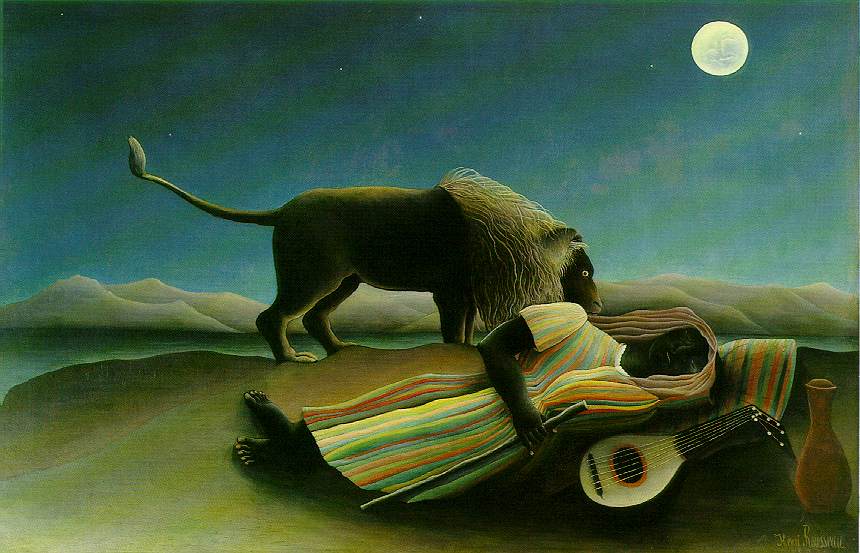
Music for the night
Nocturnes
The nocturne, a musical form inspired by the serene and introspective qualities of night, has captivated audiences for centuries. Originating in the late 18th century, the genre was pioneered by Irish composer John Field, who crafted piano pieces that conjured the very atmosphere of a moonlit reverie, laying down the first, tentative brushstrokes of this nocturnal art. His works, imbued with a gentle melancholy and a sense of wistful longing, were like whispered secrets shared in the stillness of the evening.

the poet of the piano
Chopin
Frédéric Chopin, the poetic soul from Poland, transformed the nocturne from a charming salon piece into a vessel of profound emotional expression. Chopin, in his twenty-one nocturnes, explored the depths of human feeling with an unparalleled sensitivity. He imbued these compositions with a tender lyricism that seemed to breathe, to sigh, to weep. His intricate ornamentation, like delicate tracery against the velvet backdrop of night, added layers of exquisite detail. And his masterful use of rubato, that subtle ebb and flow of tempo, gave his music a deeply personal, almost improvisatory quality, as if he were sharing his innermost thoughts with the listener. Among his many masterpieces, the Nocturne in E-flat major, Op. 9 No. 2, stands as a luminous testament to his genius, a perfect distillation of his ability to weave melody, harmony, and emotion into a tapestry of breathtaking beauty.

After CHOPIN
Evolution
Chopin's legacy did not mark the nocturne's end; rather, it inspired subsequent composers to explore the form's expressive potential. Gabriel Fauré, while distinct from Chopin, maintained the genre's introspective beauty in his series of nocturnes. Erik Satie, with his uniquely minimalist and whimsical approach, crafted nocturnes that evoked quiet contemplation, albeit with a modern sensibility. Alexander Scriabin's early works paid homage to the Romantic nocturne, before he ventured into mystical realms of shimmering harmonies. Francis Poulenc, in his later years, infused the form with melancholy and graceful simplicity. Furthermore, the nocturne's influence extended into the 21st centuries, where composers exploring ambient, minimalist, and neo-romantic styles drew inspiration from its ability to create immersive and evocative soundscapes.
